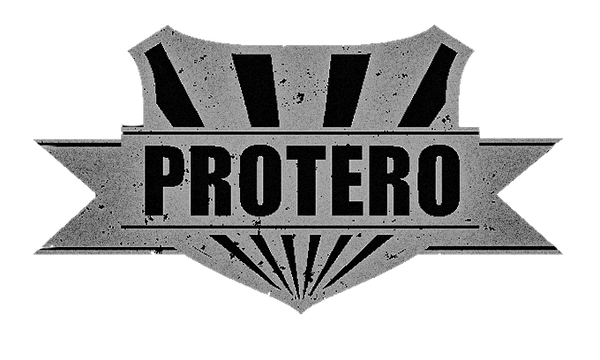Unpleasant, smelly and unavoidable? So-called protein farts are well known. Many suspect lactose sensitivity or lactose intolerance. But switching to a plant-based and therefore absolutely lactose-free protein powder is often disappointing. Flatulence often has nothing to do with lactose.
Lactose intolerance is usually noticed immediately during or immediately after taking it
Lactose intolerance is an intolerance to the milk sugar lactose. Due to the lack of the enzyme lactase, the body cannot break down the milk sugar and gas forms in the large intestine. This causes diarrhea and heartburn as well as a bloated stomach, a feeling of fullness and headaches. These symptoms usually occur during or immediately after consumption.
If you are lactose sensitive, lactase tablets can provide effective relief. It's worth a try. If you don't notice any improvement, the flatulence is definitely not due to the lactose.
But why do you often feel flatulent after plant-based protein powder?
The transport of food to the stomach is the same for almost all people. In the stomach, the proteins are then broken down into peptides, which works better or worse for some people. It makes no difference whether it is vegetable or animal protein. If the proteins are not completely broken down in the stomach, complete proteins end up in the intestines. There they lead to symptoms similar to those of lactose intolerance. The body is surprised by a lot of protein at once, especially with protein powder.

How does protein powder help against flatulence?
In short: fermentation. During fermentation, the protein chains are pre-digested by microorganisms. The fermentation process results in a large proportion of the proteins being broken down into di- and tri-peptides. In contrast to large protein chains, the di- and tri-peptides are like small pieces of chain and can therefore be more easily absorbed by the body.
This property is particularly noticeable in our fermented whey protein Kefir Whey .

Hydrolysates also have this property. However, during hydrolysis the protein chains are often broken down into the smallest building blocks, the amino acids. Amino acids are very bitter, so hydrolysates are not very edible compared to fermented whey. However, it works very well with collagen protein because collagen protein only contains a specific range of amino acids and not the full spectrum like whey protein.
What else fermentation can do?
In addition to converting unwanted lactose in whey, fermentation increases both complexity and nutrient density. During fermentation, secondary substances are created that multiply the “good” bacteria in the intestine. Fermented foods therefore have a reputation for having a positive influence on the microbiome, the intestinal flora. The microbiome is probably the hottest topic in nutritional science right now. The extensive influence of the microbiome on the body and also on the psyche is being researched.
Our recommendation for protein enjoyment without bloating:

Fermented whey protein - lactose-free and with a high proportion of broken down proteins, kefir whey is particularly digestible.

Collagen protein hydrolyzate - with hydrolyzate, proteins are also broken down, so that metabolism in the body is easier.
Lactase tablet - if you actually have mild problems with lactose, you can supply the missing enzyme to your body in the form of tablets. Simply take one tablet shortly before consumption.


